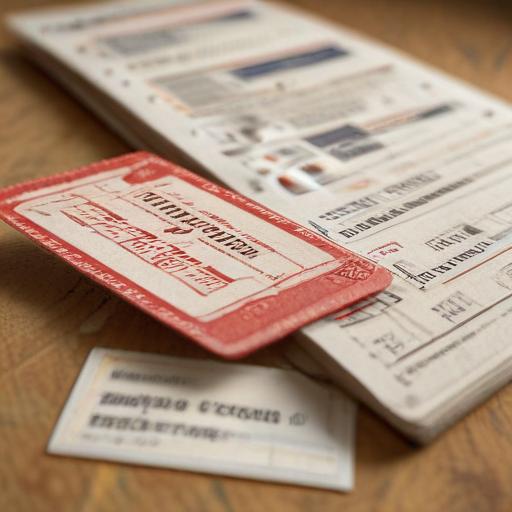Air India will suspend its Delhi–Washington, D.C. service beginning September 1, citing a reduced available fleet and longer, more complex routings after Pakistan closed its airspace to Indian carriers.
The carrier said the Delhi–DC flight (AI 103) can no longer operate nonstop on its prior polar routing and has required a fuel stop in Vienna since April. What was formerly about a 15-hour nonstop now takes roughly 19 hours including roughly an hour on the ground. That longer routing — together with the temporary unavailability of multiple aircraft while they undergo cabin retrofits — has led Air India to withdraw the route.
Background details:
– Air India is retrofitting 26 Boeing 787 Dreamliners with new seats and interiors; the work began last month and will keep several aircraft out of service at any given time through the end of next year.
– Pakistan closed its airspace to Indian carriers in late April amid regional tensions, forcing many India–US services to avoid the most direct corridors. For some long-haul flights near their maximum range, the detours have required fuel stops.
– Other long-haul services have been affected: Delhi–JFK (AI 101) now takes about 16 hours, roughly two hours longer than before the closure; it briefly required fuel stops in Europe but has flown direct since mid-May.
Passengers who have bookings on the Delhi–Washington flights from September 1 onward will be offered rebooking on other flights or a full refund. Air India will continue nonstop services to four U.S. gateways: New York–JFK, Newark, Chicago O’Hare and San Francisco. Interline agreements with Alaska Airlines, Delta Air Lines and United Airlines mean passengers can still reach Washington on a single ticket by connecting through these hubs, though total travel times are longer.
Practical context and explanation
– Geography and aircraft range drive the impact: India–US flights often use northerly great-circle routes that minimize distance and fuel burn. Closing airspace over Pakistan forces detours that add significant distance and time. For widebody aircraft near their maximum range, extra distance can necessitate refueling stops and more complex scheduling.
– The simultaneous fleet retrofit program reduces spare aircraft capacity, limiting the carrier’s ability to absorb longer block times or add intermediate stops without disrupting other services.
What travelers should do
– Passengers booked on the Delhi–Washington route after September 1 should contact Air India to choose rebooking or refund options.
– If traveling to Washington, consider rebooking via Air India’s U.S. gateways (JFK, EWR, ORD, SFO) with an interline connection, or look at alternative carriers and routings.
– Allow extra connection time when flights require longer routings, and monitor the airline for schedule updates as the situation evolves.
Additional commentary and outlook
Air India’s route suspension is a pragmatic response to simultaneous operational pressures: a temporary reduction in available aircraft for retrofit work and the extended routings caused by the Pakistan airspace closure. While inconvenient for travelers to Washington, the carrier continues to expand and modernize its fleet under new ownership, and maintaining service to major U.S. hubs plus interline partnerships helps preserve connectivity. The route may be restored once fleet availability improves or if regional airspace restrictions are eased.
Short summary
Air India will suspend its Delhi–Washington nonstop service from September 1 because ongoing retrofits of 26 Boeing 787s and longer, more fuel‑consuming routings around closed Pakistani airspace have made the route impractical. Affected passengers can rebook or receive refunds; the airline will maintain service to four U.S. hubs and offer interline connections to Washington.
